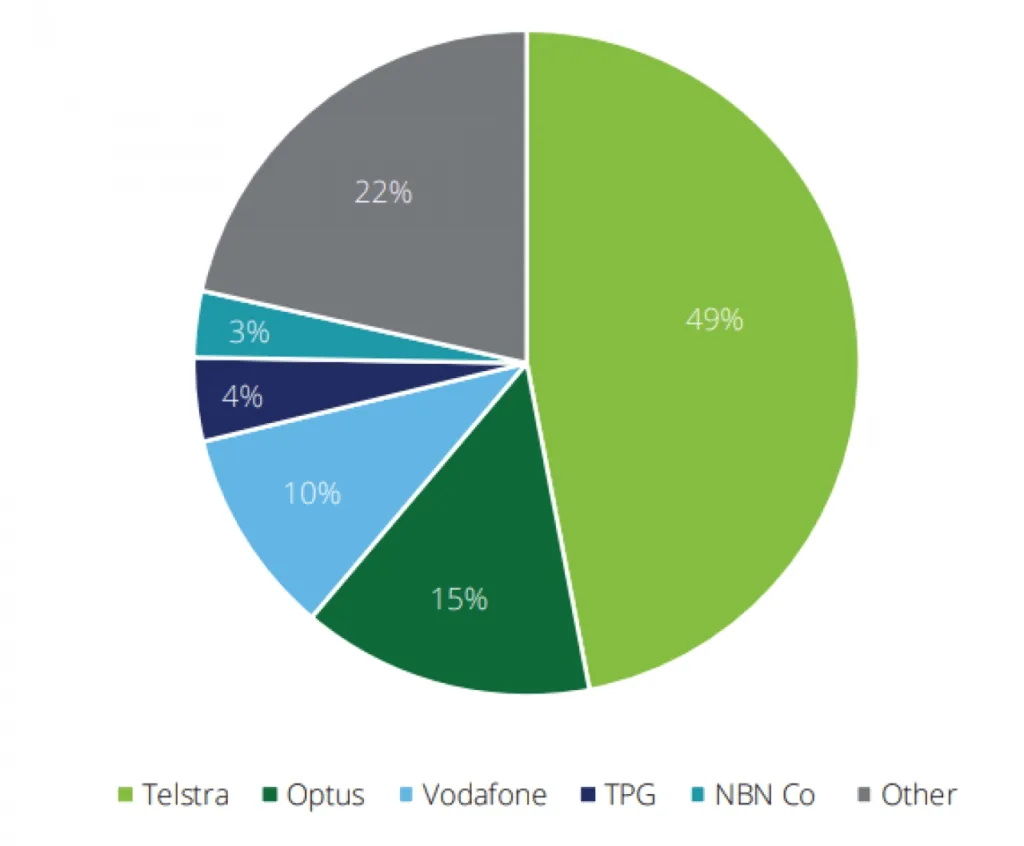Telecommunications company, ONQ Communications is redefining the way businesses should operate. With its own fibre and fixed wireless network, combined with the NBN, the telco is capable of delivering business-grade internet over more than a million square kilometres.
The future of business communications is a bright one, thanks to the evolution of new technologies. Businesses must make the most of these changes, or else they will miss the opportunity to create better business outcomes. Businesses also need to think about how they can embrace and adapt to digital disruption, digital mobility, and enhanced communication.
Changes in business communications are also expected to bring about radical decrease in costs for businesses. Many may not have realised it, but telecommunication is a major cost centre for most businesses. Companies must also begin to recognise the value of bundling services together. All of these changes are bringing about profound new opportunities for business communication.
“ONQ are important to our business and the productivity they provide through there reliable guaranteed service which far outweighs the costs of services” said director of NQIB John Mckaig
As with all large scaled business communications, Australia’s telecommunications industry also faces numerous issues that need to be examined, developed and implemented if the company wishes to continue growing at rapid rates. These include issues of competition, market entry, new business opportunities, retaining and attracting talented staff and business partners, as well as issues of government regulation.
In addition, the telecommunications market is highly dynamic and constantly changing, with a huge number of players all attempting to gain a dominant share in this market.

Australia has one of the most competitive and mature telecommunications markets in the world. Forecasts suggest that mobile subscriptions will continue to grow over the 2021-26 period, while fixed broadband subscribers are also expected to grow at a slightly lower average rate over the same period. The ratio of telecommunications sector revenues to GDP is declining from a high in 2000 to an all-time low in 2020.
The overall telecommunications market is expected to decline through 2021 as payments from NBN subscribers to Telstra gradually decline as all copper and HFC services migrate from Telstra to the NBN and market growth resumes from 2022.
Mobile Communications
Mobile communications are experiencing rapid growth at a very fast pace. The reasons for this are well known. Smartphones are being used everywhere, enabling users to communicate with each other no matter where they are in the world. The availability of free-to-use smartphones has made messaging and browsing very easy and convenient. As a result, the communications industry is enjoying unprecedented demand from customers in developing countries.
Rapid Expansion
The rapid expansion of business communications in the country is an example of how technology can be utilised to serve the consumer. As more businesses look to communicate with their customers, they will find that Internet and mobile options are increasingly viable.
These communication solutions are designed to improve productivity and create greater profitability for the businesses that use them. However, a careful look at the market will reveal that there is a great deal of competition.
The Future Of Telecoms
The future of telecommunications industry professionals can be found working behind the scenes rather than in front of a computer screen.
With advancements in information technology, people are now able to communicate with one another through email and social networking sites without the need for bulky telecommunications equipment. People can also communicate through applications on their smart phones or tablet computers that connect them directly to the internet. All of these technologies mean that it is easier than ever for anyone to keep up with friends and family from all over the world.
The Australian Market
The telecommunications industry is proving to be a basic and essential infrastructure service for national economies, with data infrastructure becoming critical in a connected world and will likely increasingly attract a new class of business. ‘investors such as large infrastructure funds.
The industry is expected to remain stable thanks to it’s defensive nature, amid political uncertainties and uncertain economic prospects due to the COVID-19 pandemic.
In this new millennium there is no doubt that telecommunications are going to play an integral part in shaping the future of business. This is why many entrepreneurs have jumped on the telecom bandwagon. As the pace of technology increases, the speed at which new telecom solutions are developed also advances, providing consumers and businesses with a more robust means of communicating with each other.
ONQ Communications, are leading the way by developing products and solutions to stay competitive in today’s marketplace.







